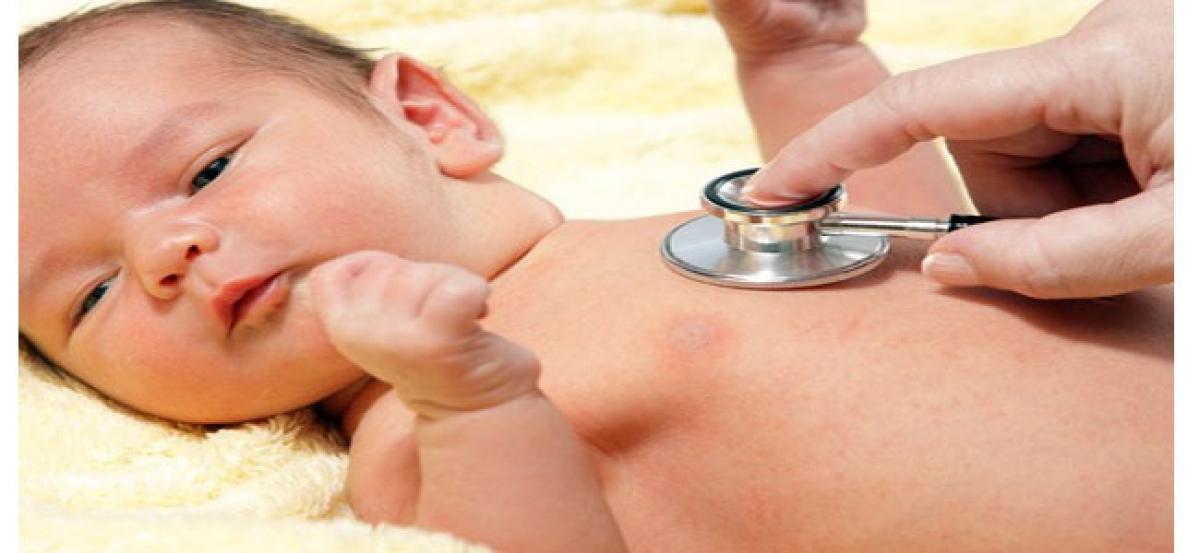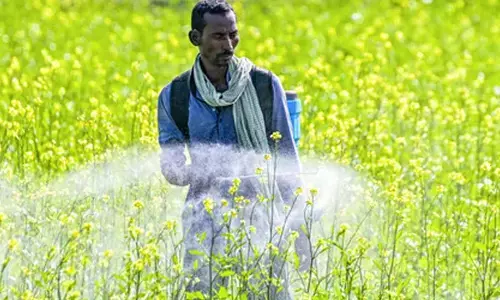Call for awareness on neonatal screenings

After delivery, newborn screening is the first and foremost important test to be done for a baby All the parents are given this opportunity to have their babies screened for various rare but serious disorders
After delivery, new-born screening is the first and foremost important test to be done for a baby. All the parents are given this opportunity to have their babies screened for various rare but serious disorders. These tests look for developmental, metabolic and genetic disorders after birth in a baby. The early diagnosis ensures early treatment before the symptoms start.
Most of the babies are born healthy except for some who may suffer from a serious medical ailment which may be genetic. Just in case to make sure that the baby does not become sick after growing up, certain diagnosis is must for early treatment and a normal growth of the baby. Though basic screening tests are done immediately after the delivery to diagnose any congenital condition, many parents are still unaware of any supplemental screening which may be a mandate for the baby in the later stages.
Sometimes special treatment may be required for certain medical conditions that develop in babies born prematurely or with low birth weight. Special screening may be required for such infants as more than one blood withdrawal may be needed for accurate results and diagnosis.
Many new parents are unaware of how many tests and treatments their new-born will receive. Testing and preventive care for the baby starts during the pregnancy itself by injections through the mother. TDAP vaccinations during pregnancy will help prevent some serious conditions when the baby is born.
Even though the ‘mother to be’ would have taken the injection previously, it is one of the mandates for the infant to boost immunity. A whooping cough is one of the leading causes of infant mortality or leading to terminal or chronic conditions. Prevention against tetanus, cough and diphtheria ensures better and a healthy growth.
The baby is safe from infections when it is inside the womb. It is safe due to mothers’ immunity and prenatal vaccinations administered to her. In India, when the babies are born they are prescribed to immunise with various vaccinations. The early few years are very critical for the infant as they also develop speaking and language skills. If hearing loss will be detected early, it can be treated to prevent interference with the development in the further stages. A blood test is also known as ‘heel prick’ should be performed within 48 hours of birth. This test is done by pricking baby’s heel and putting few drops of blood on a special filter paper. It is done to detect developmental, metabolic and genetic disorders that ultrasounds scans are unable to detect.
The blood test will help to evaluate any chance of potential complication that may need to be addressed. In the second phase, there will be a quick check to analyse behaviour, breathing, activity and skin colour. 3Hcare is one such online platform that is helpful for the parents to be aware of the must-have diagnostic tests.
BY Dr CA Ruchi Gupta














